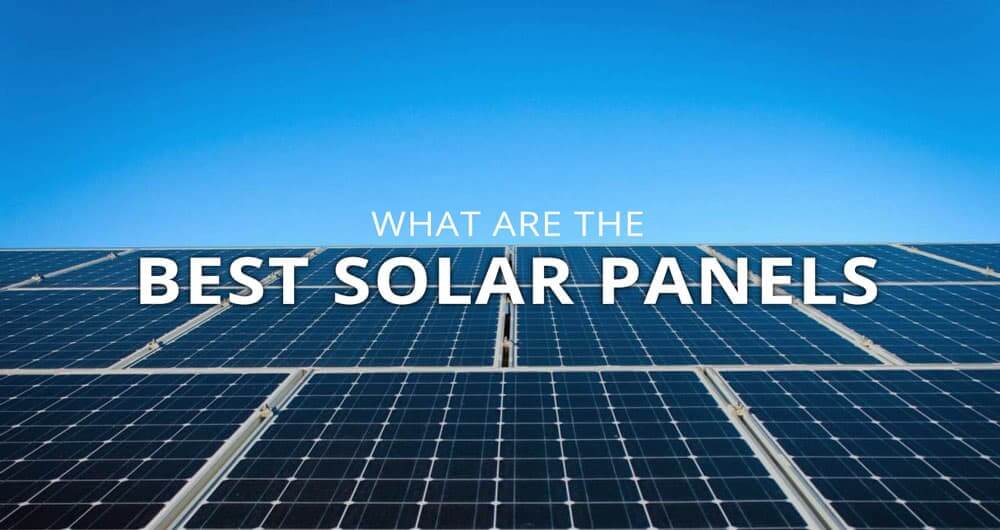Home Gross Metering V Net Metering
Gross Metering Vs Net Metering
When you install a solar system to cut down on your electricity bills, it’s essential to have a way to monitor the energy you’re feeding back into the power grid.
Gross metering – refers to having a meter that measures the amount of solar power that your PV panels produce and sends to the grid.
Net metering – is the same as a feed-in tariff, which is sending excess power produced by your rooftop system to the grid. This amount is tracked, and you earn credits from your power company.
You can then draw on that power at night when your solar system is not producing power.
Table of Contents
ToggleAdvantages Of Solar Net Metering
Lowers Electricity Bill
Many people install solar panels to avoid the high and increasing electricity bills. In Australia, the government allows homeowners to pass excess solar power to the strained electric grid. The power from your solar panels is paid for on a given feed-in tariff program by your electricity retailer.
With net metering, it is easy to tell how much solar power your panels have fed the grid. Your electricity retailer can then deduct the amount of your power bill from how much you have earned from your excess solar power. Thus reducing your total payment on your bill.
Encourages Investment In Solar Energy
Installing solar panels is a major investment. The return on your investment in solar is based on how much it helps you save on your electricity bill. With net metering and, depending on your electricity consumption, you have actual figures on how much you save on your electricity bill when you use solar panels.
The more solar power your panels produce and you consume in your home, the higher your savings. Consequently, the quicker your return on investment in solar panels is. Depending on the production capacity of your solar panel and your electricity consumption, you can make your investment back in 3-5 years.
Avoid Expensive Solar Battery Systems
When you are paid to send excess power to the grid, you don’t need to install an expensive solar battery system.
Solar batteries store excess power from your solar panel system. You can use this stored power at night or on cold days. However, the upfront cost of solar batteries is too high.
Rather than purchase solar batteries, you can get a net meter and get paid for the excess power instead of storing it.
Efficient Use Of Solar Power
Net metering also allows for the efficient use of solar power. Depending on your solar consumption, you can identify the production capacity of your solar panels. You can tell how much you use to power your home and how much you export to the grid.
Without net metering, you will just consume the available power. Also, you will not monitor how much power your solar system produces and you lose earnings from the excess power exported to the grid.
Disadvantages Of Net Metering
Loss Of Revenue To The Electricity Retailers
Net metering means that your electricity provider has to pay you for the amount of solar power you export to their grid. On the other hand, you, their customer, pay them less and less than you used to whenever you use solar. Thus, they lose income from their customers and also have to pay them to export excess solar power.
Advantages Of Solar Gross Metering
Use Renewable Energy In The Electricity Grid
The electricity grid has relied on fossil fuels for a long time to supply homes and businesses with electricity. With gross metering, your electricity now has a mix of fossil fuel and solar power as sources of power.
As more and more electricity retailers adopt the use of renewable energy due to gross metering, electricity will become a sustainable source of energy.
Retains Revenue For The Electricity Retailer
Unlike in net metering, electricity retailers have the potential to increase their revenue with gross metering. Current customers of electricity retailers don’t have the option to utilize solar power to reduce their electricity bills.
Disadvantages Of Solar Gross Metering
Retains High Electricity Bills
With gross metering, solar panels installed on your roof don’t benefit you. All the power produced by solar panels is exported to the grid. You will still use electricity to power your house and keep on paying electricity bills at rates set by your electricity retailer.
FAQ's
For net metering to work well, you need to have a meter that measures both the amount of solar power consumed and exported to the grid. Most solar power is produced during the day. Depending on your schedule, most households use power in the morning and evening. During the day, power produced by solar panels is sent to the grid. This meter will indicate how much power went to the grid to help offset your electricity bill.
A feed-in tariff is an agreed-upon rate between you and your electricity retailer for exporting excess power to the grid from your solar panels. Depending on where you live, the feed-in tariff is set by the electricity retailer or a government agency. You can find the electricity retailers with the highest feed-in tariff in your region and get into an agreement. It will help you save more on your bills and for a quicker return on your investment in solar panels.
Table of Contents
Toggle




